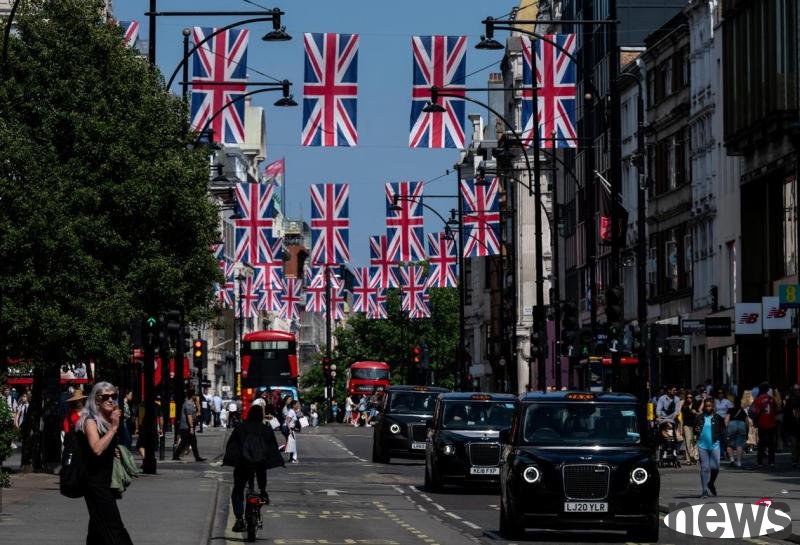Siger revealed that the UK market is currently one of the regions with strong growth in Citigroup's wealth business. Although the UK has recently raised the tax rate for the rich, some wealthy people are gradually losing interest in the United S...

Siger revealed that the UK market is currently one of the regions with strong growth in Citigroup's wealth business.
Although the UK has recently raised the tax rate for the rich, some wealthy people are gradually losing interest in the United States and turning their attention to the UK, given the unfavorable policies of US President Trump for foreigners.
The new tax system is expected to bring additional tax revenues of £33 billion (about S$57.4 billion) to the UK, but multiple think tanks warn that the move could threaten employment and economic growth. Recently, several super rich people have left the UK, including the founder of Checkout.com, Swiss richest man Guillaume Pousaz and Egypt's richest man Nassef Sawiris. Sieger joined Citigroup in 2023 and is responsible for promoting the transformation of its wealth management business. He said Citi's private banking business mainly serves about a quarter of the world's billionaires, with revenue reaching US$2.1 billion in the first quarter of this year, a year-on-year increase of 24%.
Andy Sieg, global wealth director at Citigroup, said in an interview with Bloomberg on Thursday (July 3) that the wealthy groups inside and outside the UK are moving "two-way": some are leaving the UK, but some have observed changes in US policy and believe that the UK may be a better choice for their children to study and live in the future. This trend reflects that US President Trump has implemented the "America First" policy to restrict and crack down on top domestic universities and foreign students, causing concerns among wealthy families about the US investment and education environment, and indirectly pushing up the number of applications for British universities.
"Non-Setting" refers to residents who have lived in the UK for a long time but are not in the UK on the tax level. According to the original regulations, their overseas assets do not need to pay taxes to the UK as long as they do not enter the country.
The British Labor government has implemented a series of tax increases this year for high-income groups, whether foreigners or their own citizens. Among them, the most controversial one is the cancellation of tax incentives for "non-domiciled", and these wealthy people must pay additional taxes on overseas assets and income in the future.